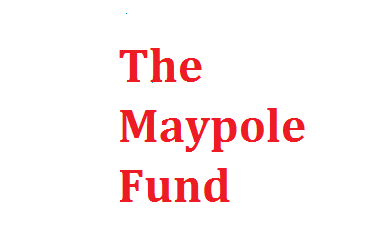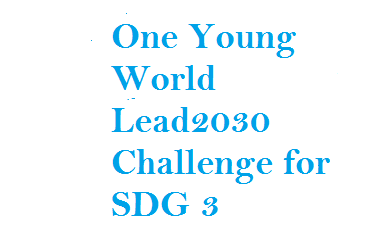- Six Reasons To Bring Millets To The Market!
- Hong Kong Court Makes Landmark Ruling Protecting Transgender Rights
- Substrate Promiscuity Of Fungi Generated Enzyme Laccase Shows Potential In Degrading Industrial Dye Effluents
- Union Minister Of Rural Development Holds A Meeting On ‘Cactus Plantation And Its Economic Usage’
- Ministry Of Tribal Affairs Organised One Day Mega Health Camp ‘Abua Bugin Hodmo-Our Better Health’ At Saraikela Kharsawan, Jharkhand
- Blue Flag Standards For Beaches In The Country
- India-Namibia Sign An MoU On Wildlife Conservation And Sustainable Biodiversity Utilization
- Hydrophobic Ingredients, In Combination With Obsolete Antibiotics, Can Counter Multidrug-Resistant Bacteria
- Promoting Cultivation Of Kala Namak Paddy
How Swajal's solar powered Water ATMs are solving India's water problem
Posted by: 2018-06-07 02:58:36 ,By Admin
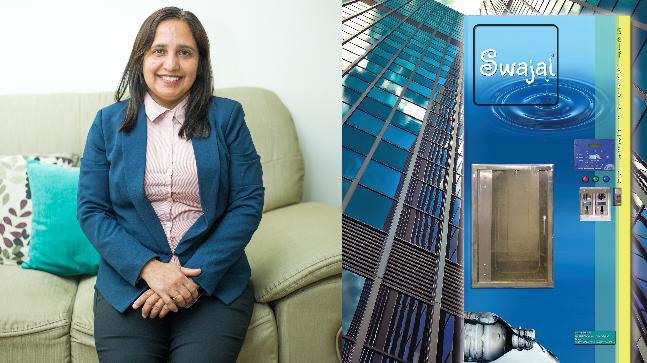
When Dr Vibha Tripathi installed a water purifier outside their house to help nearby urban slum dwellers, she noticed the queue growing longer each day. Often tensions heightened and the CEO and co-founder of Swajal was struck by the challenges underprivileged India faced to obtain clean drinking water.
Coupled with the haunting memory of having a cousin die from diarrhoea at only two years of age, it provided enough incentive for the ex IITian to get down to business - combining Internet of Things technology with solar energy to develop clean drinking water solutions in the form of Water ATMS. These solar-powered water purifiers can produce 1 litre of water at only 64 paisa.
"Globally, water is available in abundance but it is not located where it is needed. If it is located where it is needed, it is not safe to use as drinking water. The water has to be safe, reliable and most importantly affordable."
- explains Dr Tripathi, winner of the Women Entrepreneurial Quest Award 2016 by the Indo-US Science and Technology forum.
Across the world, 2.1 billion people don't have access to safe drinking water. Around 1.8 billion people around the world use untreated drinking water, which is contaminated even by human faeces along with more dangerous pollutants. Globally, 80 per cent of waste water in the world flows back to the environment with no treatment.
The concept of Swajal came to Tripathi's son, Advait Kumar, an ex-banker from JP Morgan and a Penn State University graduate with a specialization in Electrical Engineering, who was moved by the plight of the workers.
In 2011, when the UN asked for a proposal to provide clean and accessible energy to the masses, the duo really put their heads to the plan.
Though the UN didn't leap at their idea, Swajal Pvt Ltd based in Gurugram was founded in 2014 by Advait Kumar, along with Dr Vibha Tripathi from IIT Kanpur.
Swajal Water ATMs are now located at stores, railway stations, cities, metro stations, hospitals, schools and more.
The firm currently operates in New Delhi, Haryana and Uttar Pradesh with four regional offices in Gurgaon, Hyderabad, Mumbai and Raipur. New centres are coming up in Rajasthan, Chattisgarh, Telangana and Karnataka.
PLUMMETING LEVELS OF DRINKABLE FRESH WATER IN INDIA
The World Environment Day celebrations for June 5 will be hosted by India this year and the focus is on plastic pollution. Plastic pollution and waste contamination are the primary hands behind India's declining freshwater problems, which were recently pointed out by a NASA study.
"A single plastic water bottle can take up to 450 years to decompose, and we keep on buying plastic water bottles each time we travel," explains the IIT Kanpur alumnus.
"Reusing plastic bottles is a better solution to reducing waste. Each rupee Invested in Water Supply and Sanitation can yield 4-12 rupees of economic benefit and this needs to be focussed upon more. (OECD)," she adds.
She suggests putting a cap on the per capita use of freshwater, especially during festivals like Holi, and fining people who exceed it. Apart from that, keeping an eye on the massive exploitation of groundwater by farmers is also an urgent need.
HOW SOLAR ENERGY AND IOT CAN COME TOGETHER TO SOLVE DRINKING WATER CRISIS
Equipped with a doctorate in Physics and natural sciences from IIT Kanpur, Dr Vibha Tripathi had already conducted extensive research work in solar energy, and this made her realise the need for smart technology to solve the multi-layered drinking water problem in India.
"When I was going from village to village for devising solar solutions, I realised how access to clean water is a challenge in rural villages. That was how the idea of combining purification systems and solar energy came into fruition," she says.
The IoT framework used by Swajal's Water ATMs was built by the firm's R&D team from the ground up.
"IoT-based monitoring on the cloud platform allows us to remotely manage, update, and repair each system. Our IoT framework can automatically analyse problems and take the relevant actions if any machine faces an issue. The IoT technology has made us capable of measuring the impact even across remote areas in real-time," says Advait Kumar.
Read more: Click Here
You may like similar news

PRESIDENT OF INDIA PRESENTS NATIONAL WATER AWARDS
The President of India, Smt. Droupadi Murmu presented the fifth National Water Awards in New Delhi t...
.jpg)
Delhi water crisis: Atishi threatens indefinite fast, seeks PM Modi’s intervention
Delhi water crisis: Atishi threatens indefinite fast, seeks PM Modi’s intervention Atishi sai...
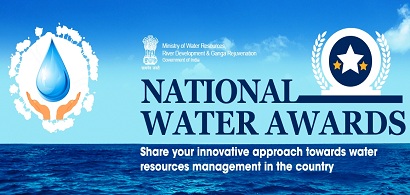
Nominations Open for National Water Awards-2022
National Water Awards-2022 Established in : 2018 Department of Water Resources, River Development ...
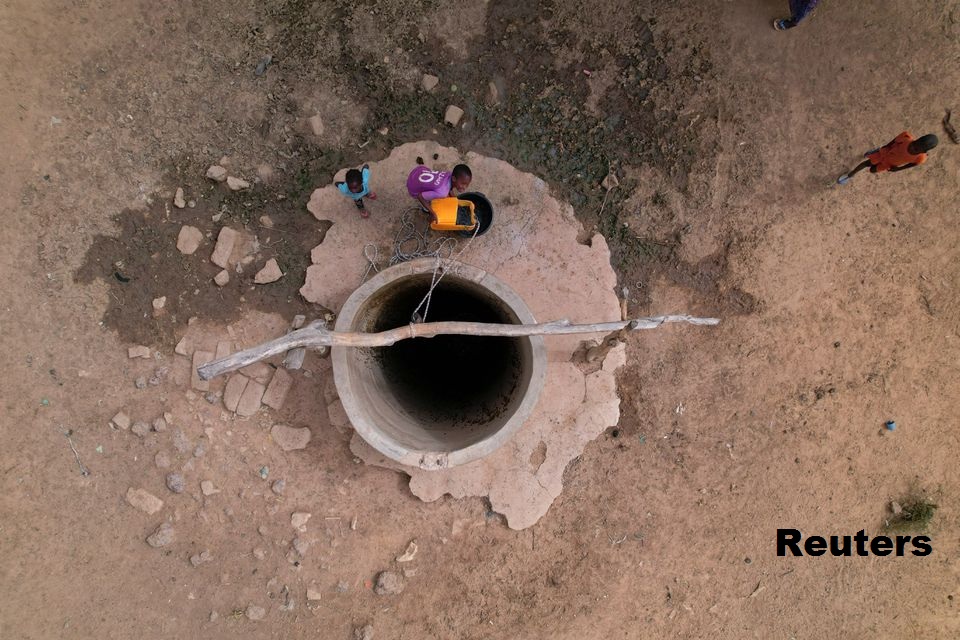
Tap dreams: rural arid Africa sits on water it cannot reach
TATA BATHILY, Senegal, April 6 (Reuters) - When the water well began to run low in this remote villa...
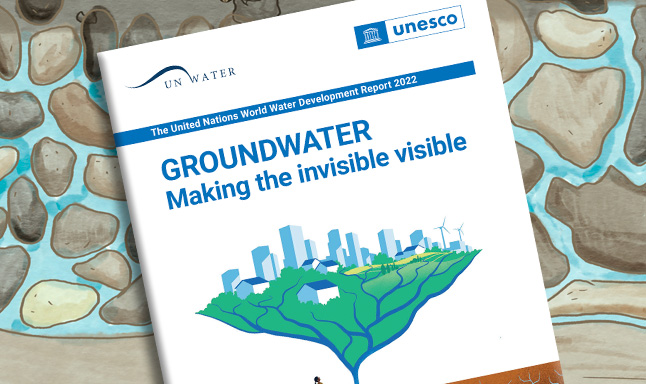
UN World Water Development Report 2022 ‘Groundwater: Making the invisible visible’
21 March, 2022 New report : Is the solution to water crises hiding right under our feet? Paris/Dak...


